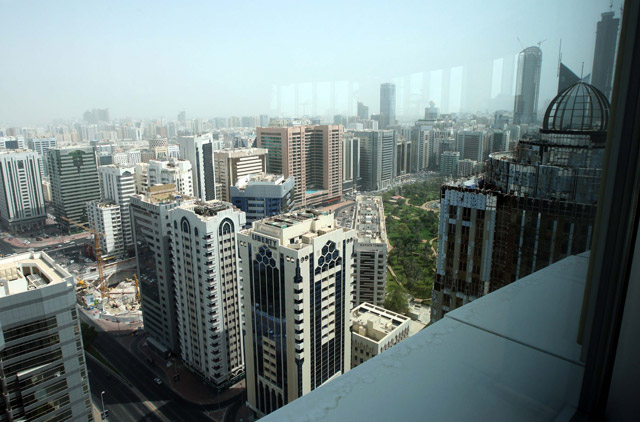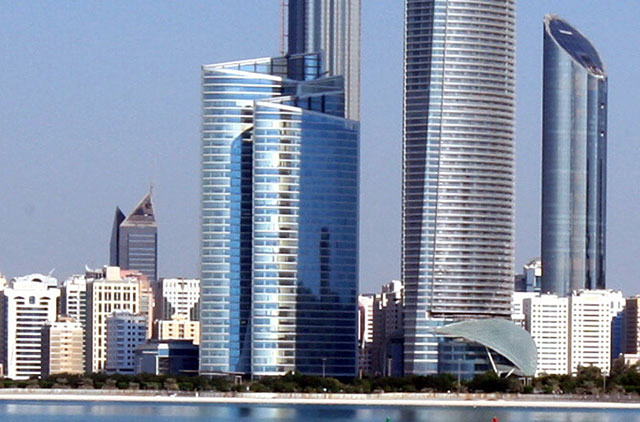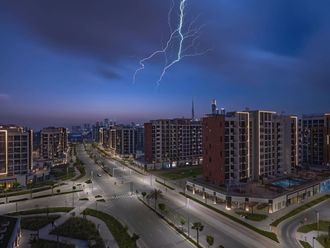Abu Dhabi: A recent Abu Dhabi government decision to remove the rent cap limiting yearly increases to five per cent has residents greatly concerned, with many of them saying they might soon have to look for alternative accommodation in less ideal locations.
The resolution by the Abu Dhabi Executive Council was announced on Thursday and it annuls the yearly rent increase and rent contract extensions from November 10.
Rents will now be determined by market forces, including the location and condition of the apartments — but residents say that the decision will not benefit them and has them very worried.
“The high rents in the capital greatly restrict people’s choice of accommodation,” said Sajiv Kumar Sasikumar, a senior project engineer from India who lives on Najda Street.
“I was earlier living in a two-bedroom apartment in Musaffah, where the rents are more affordable. But travelling to and from work every day took more than an hour and made living outside the city centre inconvenient. So, last year, I moved to this apartment. Although it has just one bedroom, the rent is Dh25,000 higher than the apartment in Musaffah,” Sasikumar said.
“Unfortunately, salaries here do not rise to keep pace with rent increases. Still, a five per cent increase in rent per year can be affordable. This year, I have already received notice from my landlord that my rent will increase by five per cent. But if the rent increases by more next year, I will have to look for another apartment,” he added.
Sasikumar also said that the problem is compounded by the fact that people working in public firms are provided generous housing allowances.
Rents in the capital have long worried residents, who say the rates are too high, especially in the city centre. Heavy traffic to and from the suburbs at peak times also deters many residents from relocating to external areas like Musaffah and Shahama.
The five per cent rent cap had been a mainstay of Abu Dhabi accommodation over the last few years, and most families who spoke to Gulf News said that it made it possible for them to live near the city centre.
A Filipina store manager, M.P., who lives near Al Wahda Mall, said the decision would just force more people to share apartments and live in crowded conditions.
“Not everyone gets paid enough to be able to drive or to afford an entire apartment in the city. My husband and I share a two-bedroom apartment with another family, and it is a good place to live because we are close to our workplace and neither of us drives. But if the rent increases more than five per cent, we don’t know where we will go and how we will get to work every day,” she said.
M.P. urged landlords and the Government to consider living conditions for ordinary people before making a decision to increase rents.
According to a recent report by real estate service provide Jones Lang LaSalle, demand for residential rental units is high in the third quarter of this year. This demand stems from a requirement for all Abu Dhabi Government employees to live in Abu Dhabi emirate, which has caused many families to relocate from Dubai.
In addition, as rents are on the rise in Dubai, it is reducing the price difference between Abu Dhabi and Dubai residential units, and causing more people to stay in Abu Dhabi than before.














